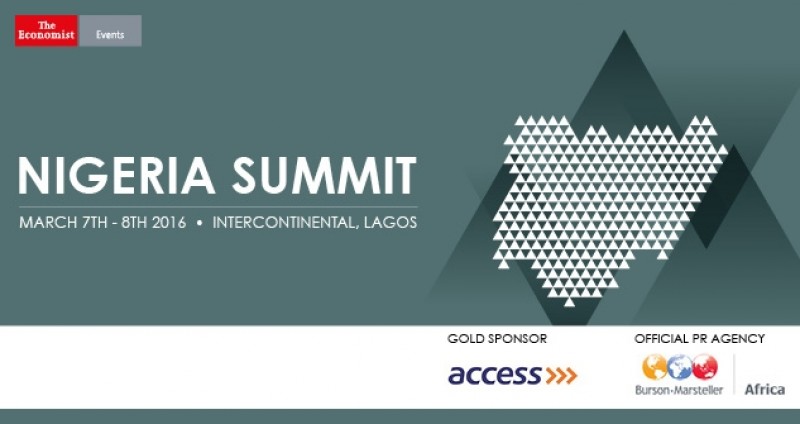Over the years, The Economist Events’ Nigeria Summit has charted a country in the process of great transition. The year 2015 has been particularly significant with Nigeria making history in its presidential elections and experiencing its first democratic power transfer.
Nine months on from President Buhari taking office, The Economist Events’ Nigeria Summit 2016 takes place at the opportune time—bringing key government ministries, industry and business leaders as well as representatives of Nigerian civil society; together with international investors, economists and academics to discuss and debate what the future holds for Nigeria and how the country can take its place among the world’s top emerging markets.
What is the government’s economic policy moving forward? What impact has the drop in oil price had on Nigeria? How are the regulatory and legal environments changing to facilitate growth? What role does foreign investment play and how can Nigeria foster the skills for a prosperous future?
Now in its 11th year, the Nigeria Summit is part of The Economist Events’ successful high-growth markets series. It has become one of the leading events in Africa where business, government and ideas people meet to discuss the most pertinent issues.
Early confirmed speakers include: Jonathan Rosenthal, Africa Editor, The Economist; Herbert Wigwe, Chief Executive Officer, Access Bank; Bob Diamond, Founder and Chief Executive Officer, Atlas Merchant Capital; Amy Jadesimi, Managing Director, LADOL (Lagos Deep Offshore Logistics Base).
Others are: Ani Charles Bassey-Eyo, Chief Executive Officer, LANI Group and Co-founder, Axiom Learning Solutions; Kwasi Boahene, Director Advocacy and Resource Mobilization, PharmAccess Group ; and, Pat Thaker, Regional Director, Middle East and Africa, Economist Intelligence Unit.
Chaired by senior editors from The Economist, the summit which holds from March 7 – 8, 2016, will explore the economic and social progress made to date and take an in-depth look at what the future will hold for Africa’s biggest economy.



Leave a Reply